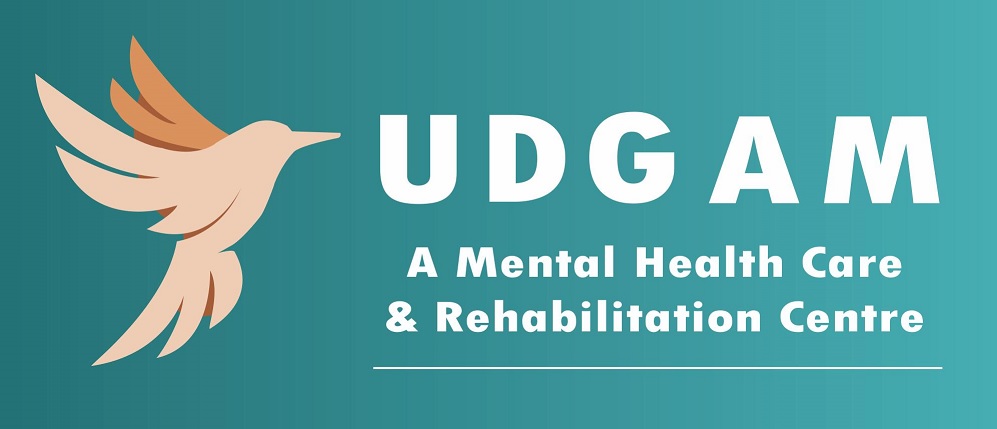Autism Spectrum Disorder (ASD) in children is a neurodevelopmental condition that typically manifests in early childhood. Here are some key points to understand about ASD in children:
Early Signs and Symptoms: The signs and symptoms of ASD can often be noticed in children during their early developmental years. These can vary widely among children but commonly include difficulties in social interaction, communication, and behavior. Some of the early signs may include a lack of interest in other people, limited or absent speech, repetitive behaviors, and sensitivity to sensory stimuli like lights, sounds, or textures.
Diagnosis: Diagnosing ASD in children is typically done by healthcare professionals, such as pediatricians, child psychologists, or developmental specialists. Diagnosis is based on observing a child's behavior, developmental history, and communication skills. It may involve assessments, interviews, and questionnaires with parents and caregivers.
Developmental Milestones: Children with ASD may achieve developmental milestones at different rates or exhibit delays in reaching these milestones, such as speech and language development. It's essential for parents and caregivers to monitor a child's progress and seek a professional evaluation if they have concerns about their child's development.
Early Intervention: Early intervention services are crucial for children with ASD. These services are designed to address the specific needs of the child and can include speech therapy, occupational therapy, and behavioral therapy, among others. Early intervention can greatly improve a child's developmental outcomes and quality of life.
Individualized Treatment Plans: Each child with ASD is unique, and their needs may differ. Therefore, treatment and support plans should be individualized to address their specific challenges and strengths. Applied Behavior Analysis (ABA) is a commonly used therapeutic approach for children with ASD.

Educational Services: Children with ASD have the right to receive appropriate educational services. In many countries, laws and regulations are in place to ensure that children with disabilities, including those with ASD, receive an education that meets their needs. Special education programs and individualized education plans (IEPs) are often used to support these children in school settings.
Family Support: A child's diagnosis of ASD can have a significant impact on the entire family. Parents and caregivers may require support, education, and resources to help them better understand and care for their children. Support groups and family therapy can be valuable in this regard.
Socialization and Inclusion: Socialization is an important aspect of childhood development. Many children with ASD benefit from social skills training and programs that promote inclusion in social and recreational activities, helping them build relationships with peers.
Positive Aspects: Children with ASD often possess unique strengths and talents. It's essential to focus on these positive aspects and encourage their development. Some may have exceptional skills in areas such as mathematics, music, art, or technology.
Ongoing Care: ASD is a lifelong condition, and children with ASD grow into adults with ASD. Ongoing care and support are necessary to help individuals with ASD transition into adulthood and live fulfilling lives.
At Udgam Clinic, we encourage our patients to get their child tested as early as possible for ASD. While the diagnosis can be officially made when a child is 3 years and above, an early intervention provides a better prognosis. We employ trained therapists and rehabilitation professionals, to provide the best care possible.
Remember that early recognition and intervention are key to providing the best possible outcomes for children with ASD. Families, healthcare professionals, educators, and the community play vital roles in supporting children with ASD to reach their full potential and lead meaningful lives.




